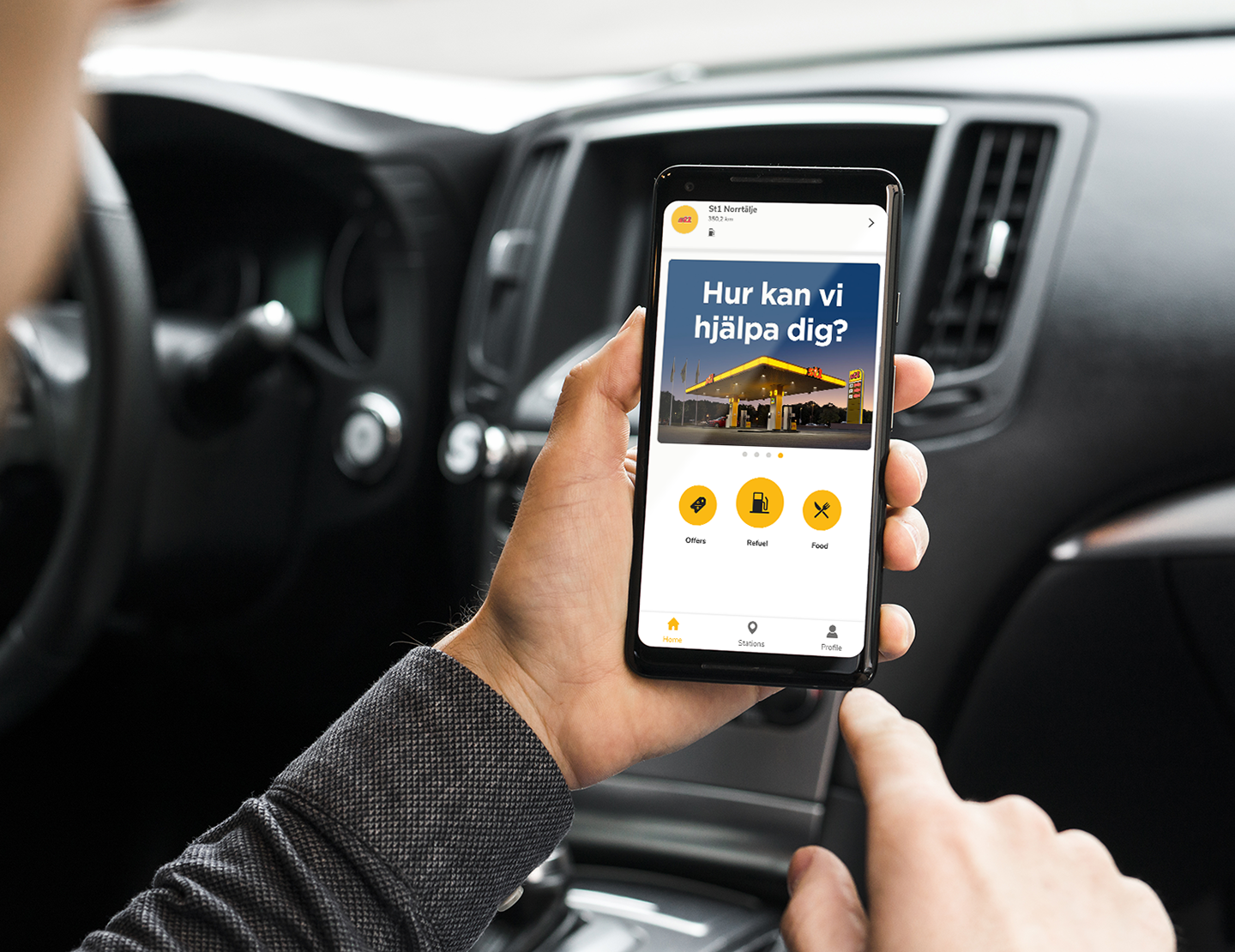Energy companyHeat consumption prediction with AI
HiQ built a machine learning model for a client in energy sector that predicts end customers’ heat consumption.

HiQ’s client, a Finnish energy company has worked for a long time to manage and reduce the harmful environmental effects of energy production. Client’s goal is that at least 80% of its energy production will be carbon neutral in 2025 and 100% in 2030.
Objective: An alternative model for the implementation of a demand flexibility product
Client searched for an alternative model for the implementation of its demand flexibility product (“kysyntäjoustotuote”), which aims to cut power peaks in heat consumption. With demand flexibility, the customer can reduce their heat bill, and the energy company can minimize its use of fossil fuels or balance heat production.
One part of the demand elasticity product is forecasts of heat consumption. The client chose HiQ as a partner to build an algorithm for predictions.
“With the help of the algorithm, we aimed to be able to carry out a property-specific power forecast by ourselves in the future”, says client’s representative.
Solution: Building a machine learning model
In the first phase of the three-part project, the client provided HiQ with the necessary historical data, from which different power usage profiles were identified. Instead of the usual methods of segmentation, certain groups were identified from the data, such as properties with air or underfloor heating, or schools with large differences in consumption between weekdays and weekends.
In the second phase, next days’ power forecasts were created for the locations using machine learning. The forecasts are updated every hour with updated and more detailed weather forecasts. Extreme’s Gradient Boosting (XGB) model, based on the Decision Tree algorithm, was used as the machine learning model. The working environment was Azure’s cloud service, Microsoft Azure Machine Learning.
With the artificial intelligence algorithm, we aimed to find a way to predict the consumption of energy company’s customers as accurately as possible.
Arto Jyrälä
Senior Data Analyst
“With the artificial intelligence algorithm, we aimed to find a way to predict the consumption of the client’s end customers as accurately as possible. The algorithm we chose is efficient in data crunching and is suitable for data that changes over time, and when behavior is influenced by external factors. This way we can take into account, for example, the temperature of the outside air and the radiation of the sun,” says Arto Jyrälä, HiQ’s Senior Data Analyst.
The model was fed with consumption and weather data from more than two years. The energy consumption forecast is influenced by, for example, the profile of the place of use, historical data and outside temperature. Forecasts were reported using Power BI, where they can be easily presented and analyzed.
Solution: Towards further refinement of the model
In the third phase, the verification of forecast accuracy began. Since the heating profile changes over time, things that significantly affect consumption (ie. frosty weather) are needed as the basis for the evaluation. Forecast accuracy will be monitored throughout the coming winter, after which plans will be made for further refinement and enhancement of the model.
“The project was really interesting because we were able to utilize different tools in it, from the Azure cloud service to Power BI reporting. We will continue to monitor how the forecast accuracy falls in different segments and we can further refine the model when necessary. The result is greatly influenced, for example, by the accuracy with which the consumption data of the places of use has been measured. The more consistent and accurate the input to the algorithm is, the better the accuracy is,” explains Jyrälä.
Client representative says that the model could be used, for example, in client’s customer portal, where the end customer can see their consumption on an hourly basis. In the future, a consumption forecast could be included.
“Thanks to the project, we got an outside perspective on the utilization of consumption data and were able to increase our understanding of the subject.”

